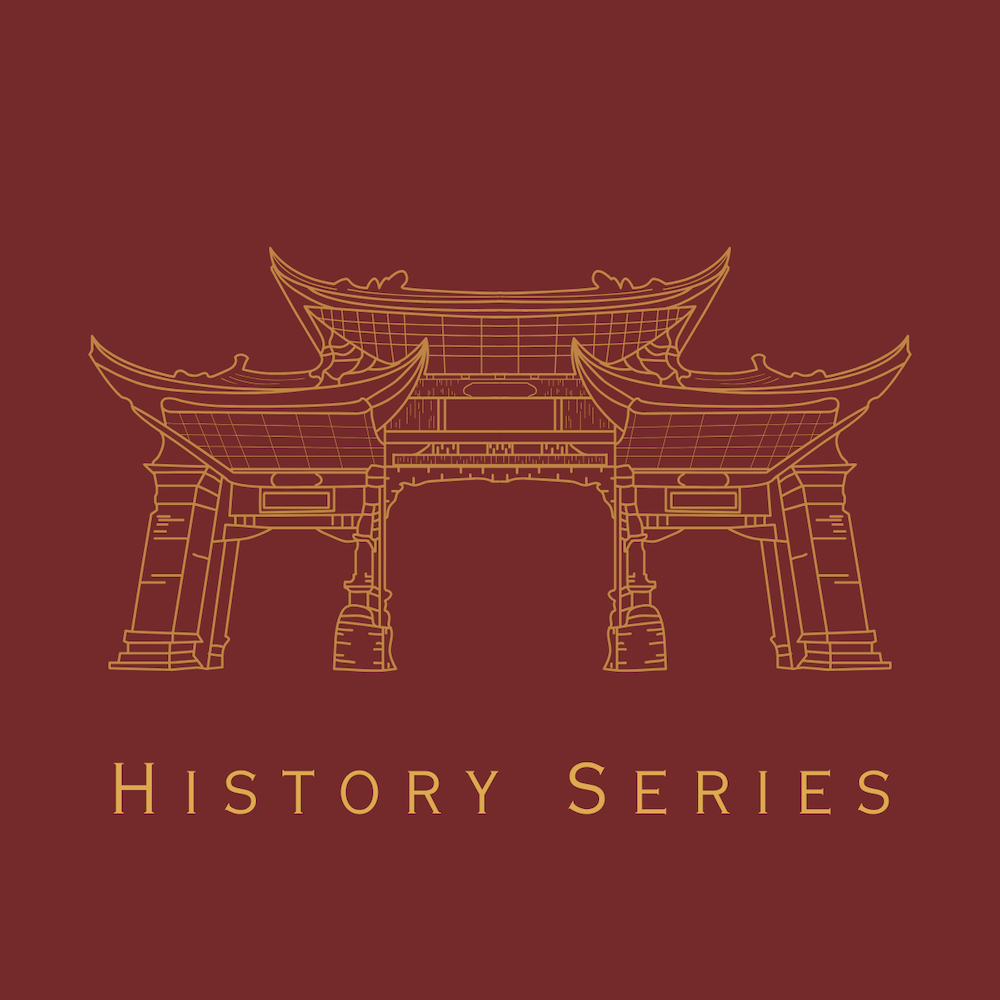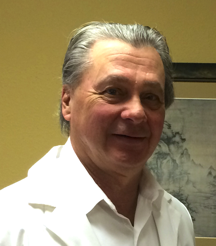
The 1970s were a turbulent time—streets alive with protest, classrooms charged with new ideas, and an entire generation questioning the stories they’d inherited. It was a decade of upheaval, but also one where curious opportunities arose. For some, those opportunities led not to politics or protest, but to the quiet pulse of a medicine few in America had ever heard of.
In this conversation with Gene Bruno, we wander through those early days of acupuncture in the United States. From campus strikes and existentialist lectures with Angela Davis to finding himself in the second class of Dr. Kim’s students, Gene’s story carries the spirit of curiosity and rebellion that shaped an era. His path was less about a plan and more about following questions—whether that meant bringing acupuncture into UCLA’s pain clinic, or rediscovering forgotten traditions with horses on California racetracks.
Listen into this discussion as we explore acupuncture’s improbable foothold in the counterculture of the 70s, the razor’s edge moment when the profession nearly became the sole territory of physicians, and how veterinary acupuncture was reborn in America before returning to the world stage.
Intuitive medicine is the highest form of medicine. A physician needs to listen carefully to hear the inner connection they have with a patient.

Gene Bruno, OMD, LAc, FABAA
I began my studies in Classical Chinese Medicine with Dr. Ju Gim Shek and Dr. William Prensky, and completed them after 5 years as the personal assistant to Dr. James Tin Yau So. I was a co-director, with John Ottaviano, of the initial research done by the National Acupuncture Association (NAA) that introduced animal acupuncture into the United States from 1972 to 1975.
I served as a teaching assistant at the University of California at Los Angeles, and an acupuncturist in research at Harvard Medical School. While living in Boston, I was also a research assistant to Werner Nobel, MD, at Amherst University. A part of his work with Dr. Nobel was developing protocols and techniques for applying acupuncture analgesia on animals.
I was licensed by the Oregon Board of Medicine in 1975 and was also licensed in California, Washington and Alaska. I was the president of the American Association of Oriental Medicine from 2002 though 2004 and served on the Medical Boards for Oregon and Washington. Currently, I am the president of the American Board of Animal Acupuncture. I have published four books on animal acupuncture.
Learn more about animal acupuncture at The American Board of Animal Acupuncture where you can read a short history of animal acupuncture, and The National Academy of Animal Acupuncture.
Visit the Trudy McAlister Foundation for information on scholarships to learn acupuncture.
Interested in animals? Read Gene’s book treating horses, or the one on treating dogs.
There are also a couple of interviews with Gene, part one and part two.
You don't have access to purchase this item.